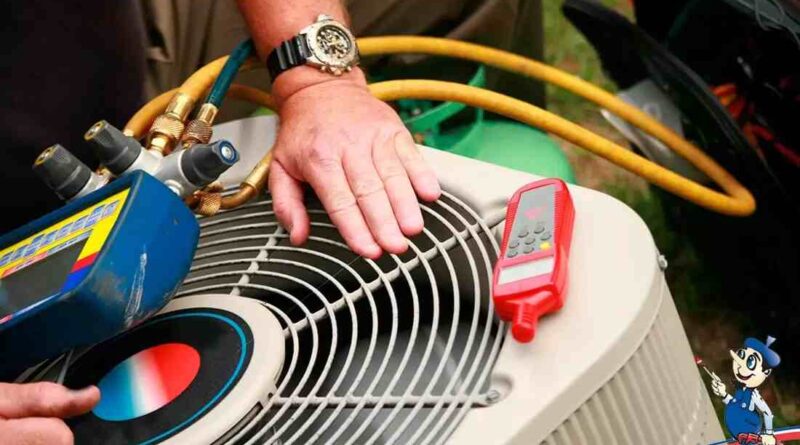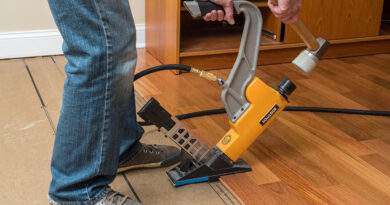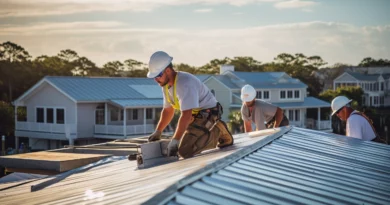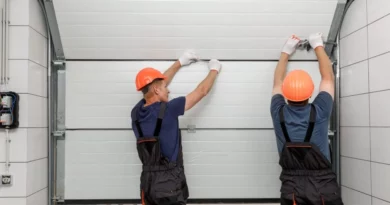Simple DIY Tips for HVAC Maintenance
Maintaining your HVAC (Heating, Ventilation, and Air Conditioning) system is crucial for ensuring its efficiency and longevity. Regular maintenance not only helps in keeping your system running smoothly but also saves energy and reduces utility bills. Here are some simple DIY tips to help you maintain your HVAC system effectively.
1. Regularly Change Air Filters
One of the simplest yet most important tasks is changing the air filters regularly. Dirty filters can restrict airflow, making your HVAC system work harder and less efficiently. It’s advisable to inspect your filters monthly and replace them every 1-3 months, based on usage and the filter type.
2. Clean the Vents and Registers
Dust and particles can build up in the vents and registers, blocking airflow. Use a vacuum cleaner with a brush attachment to clean the grates and surrounding areas. Make sure all vents and registers are open and not blocked by furniture or other objects.
3. Inspect the Thermostat
Check your thermostat to ensure it’s working correctly. If you have an older, manual thermostat, consider upgrading to a programmable or smart thermostat. These devices can optimize your HVAC system’s performance by adjusting the temperature based on your schedule, ultimately saving energy.
4. Clear the Outdoor Unit
The outdoor unit of your HVAC system can become clogged with leaves, dirt, and debris, which can hinder its performance. Periodically inspect the unit and clear away any debris. Trim any nearby shrubs or plants to ensure there is at least a two-foot clearance around the unit for proper airflow.
5. Inspect and clean the condensate drain line
The condensate drain line can become clogged with algae and mold, leading to water damage and increased humidity levels in your home. Locate the drain line, usually a PVC pipe, and use a mixture of bleach and water to flush it out. Regular cleaning can prevent blockages and ensure proper drainage.
6. Inspect and Clean Evaporator and Condenser Coils
Over time, the evaporator and condenser coils can collect dirt, reducing their efficiency. Turn off the power to the unit and use a soft brush to gently remove any dirt from the coils. For more thorough cleaning, consider using a coil cleaner available at most hardware stores.
7. Monitor the Refrigerant Level
Low refrigerant levels may suggest a leak or other problems within the system. While checking and recharging refrigerant typically requires a professional, you can monitor the system’s performance. If you notice decreased cooling efficiency or ice buildup on the unit, it’s time to call a professional technician.
8. Listen for Unusual Noises
Strange noises coming from your HVAC system can indicate problems. Listen for rattling, banging, or squealing sounds and investigate their source. Tighten any loose screws or components, and if the noise persists, consult a professional for further inspection.
9. Schedule Professional Maintenance
While many maintenance tasks can be done yourself, it’s essential to schedule annual professional inspections. A certified technician can thoroughly inspect your system, identify potential issues, and perform necessary repairs or tune-ups to keep your HVAC system running efficiently.
By following these simple DIY tips from service ac jakarta, you can ensure your HVAC system operates efficiently and reliably, providing comfort to your home year-round. Regular maintenance not only extends the lifespan of your system but also helps in saving energy and reducing costs in the long run.




